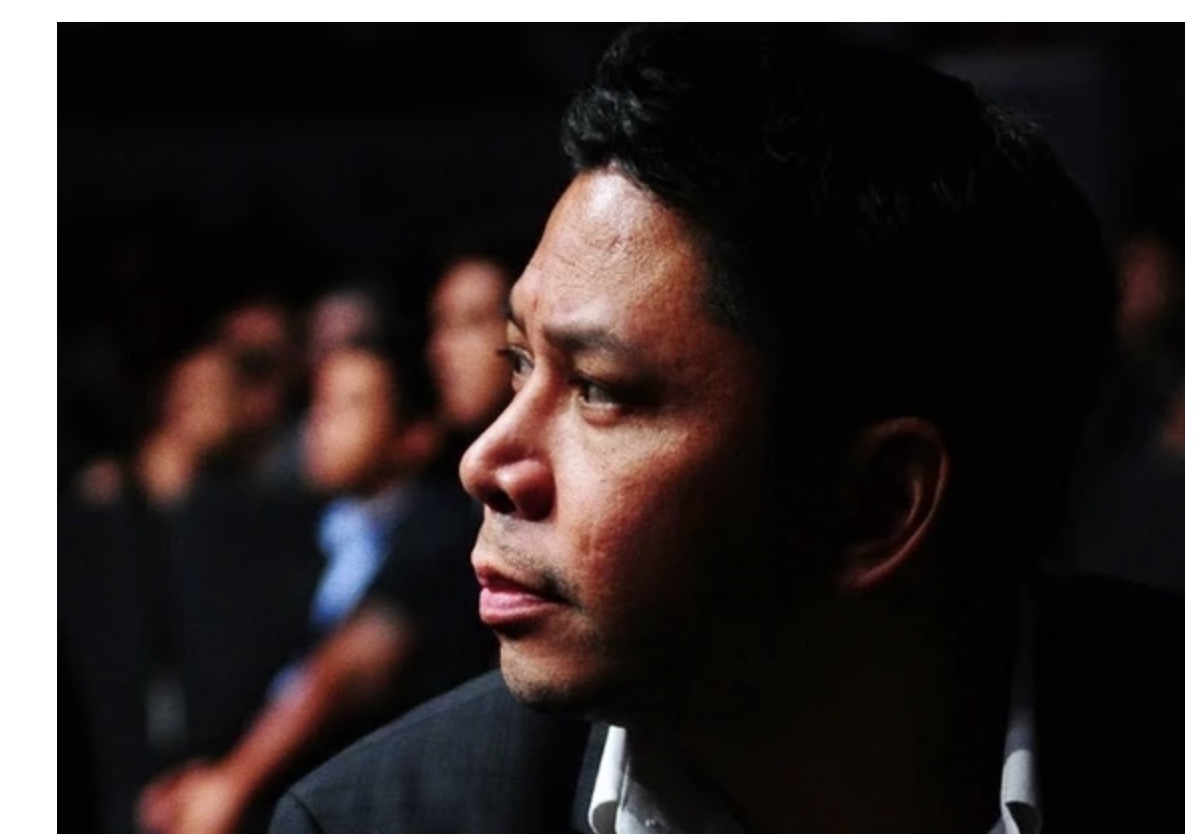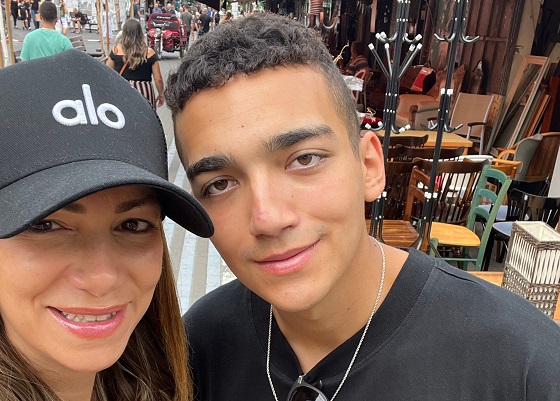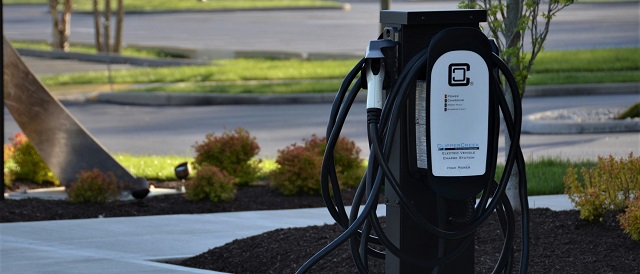Opinion
Cam Tait: Elks gas wrong man

Opinion
Boy Scouts of America changes name to ‘Scouting America’ to be ‘more inclusive’

From LifeSiteNews
The organization began welcoming homosexual-identifying boys in 2013, halted its ban on gay adult scout masters in 2015, announced in 2017 that girls who identify as ‘transgender’ could enter boys-only programs, and fully opened its membership to girls in 2018.
After years of turmoil and upheaval resulting in a major identity crisis, the Boy Scouts of America (BSA) announced today that it’s changing its name to Scouting America in order to be “more inclusive.”
The rebranding comes as the troubled organization emerges from bankruptcy after a tsunami of allegations of sexual abuse rocked the once-beloved, venerable institution geared to forming boys into men.
In all, more than 80,000 men came forward to file claims alleging that they were sexually abused while in BSA programs, resulting in a $2.4 billion bankruptcy plan that was approved by a federal judge last year.
The BSA began welcoming homosexual-identifying boys in 2013, and in 2015 halted its ban on gay adult scout masters.
In 2017, the organization announced that girls who identify as “transgender” could enter their boys-only programs. In 2018, the scouts fully opened their membership to girls.
As a result, Scouting America currently serves more than 176,000 girls and young women across all programs, including over 6,000 who have earned the rank of Eagle Scout, according to a press release.
In a video posted to X, CEO Roger Krone delivered a woke-drenched explanation for the change, saying it sends a “really strong message to everyone in America that they can come to this program, they can bring their authentic self, they can be who they are, and they will be welcomed here.”
The announcement met with a quick backlash on social media.
“This is an act of intentional demoralization against normal Americans and the former key constituency of the Boy Scouts: patriotic, hard working American boys and their families,” wrote William Wolfe, executive director of the Center for Baptist Leadership, on X.
“Everything good must be deformed in service of the revolution,” he added.
“The Boy Scouts chose the woke over the church kids that made up the backbone of their membership,” conservative author John Hawkins asserted. “Now they’re as good as dead. They deserve it. The kids didn’t. But the Boy Scouts do.”
“Once again, wokeness ruins everything,” outspoken conservative Hollywood star Matthew Marsden said.
“It started with allowing girls into the Boy Scouts. That’s when I pulled my son out of it,” Marsden noted. “This organization helped equip young boys with the skills to become real men and this move is another attack on them.”
“They will be financially bankrupt in 10 years,” he predicted.
Education
Schools shouldn’t sacrifice student performance to vague notions of ‘equity’

From the Fraser Institute
According to a new study published by the Fraser Institute, if Canada wants to remain competitive with emerging economies around the world, we must increase our math, science and reading scores—and not simply pursue high levels of “equity and inclusion” as the primary goal for our schools.
Indeed, highly equitable and inclusive schools—with declining PISA scores, as is currently the case in Canada—do a disservice to students and society at large.
Why? Because higher test scores translate into greater “knowledge capital”—that is, the full body of knowledge available to an economy—and boost economic growth (and, incidentally, the tax revenues that fund our schools).
Indeed, the goal should be equitable access to a quality education. And the most realistic and meaningful way to measure student progress is through PISA tests, which every three years assess the performance of 15-year-olds worldwide in core subjects of math, science and reading rather than the limited curriculum objectives used in provincial testing, which can only show progress or decline within individual school systems. In today’s world, where competition is truly global, we must know how our students and schools perform compared to their peers in other countries, especially the “Asian Tigers” of Hong Kong, Korea, Singapore and Tiawan whose rapidly growing economies have been driven by rising PISA scores.
Obviously, countries with higher test scores can teach other countries how to improve—although there are limits and some traps here. Attempting to cut and paste Singapore’s or Korea’s much more meritocratic systems of highly competitive student assessment and selection would be impractical and impolitic in Canada. Even so, policymakers should consider reinstating more meaningful meritocratic norms in Canadian schools to encourage and recognize academic achievement. Nothing succeeds like success, except recognized and rewarded success.
Closer to home, other provinces could benefit from considering why Quebec is such a stellar performer in math and why Alberta has the highest overall PISA test score average of all provinces.
But fair warning, recent attempts at school improvement in Canada show that top-down one-size-fits-all changes—including extending compulsory attendance, reducing average class size and tinkering with course content—have had little positive effect on student performance, although they may please teacher unions. If policymakers want to achieve more equitable success for more students, they should introduce more flexibility, school autonomy and choice into our top-heavy centrally regulated school systems. In this respect it may be no accident that the three highest performing, mid-spending provincial K-12 education systems (Alberta, Quebec and Ontario) offer relatively high levels of school choice, although of quite different kinds.
Equity and inclusion are noble goals, but they shouldn’t interfere with student progress. There’s too much at stake, for students and the country.
Author:
-

 Brownstone Institute1 day ago
Brownstone Institute1 day agoThe Predictable Wastes of Covid Relief
-

 Brownstone Institute2 days ago
Brownstone Institute2 days agoBook Burning Goes Digital
-

 Alberta1 day ago
Alberta1 day agoCanadian Christian chiropractor fights ‘illegal’ $65,000 fine for refusing to wear mask
-

 John Stossel21 hours ago
John Stossel21 hours agoThe Swamp Survived: Why Trump Failed to “Drain the Swamp”
-

 Media1 day ago
Media1 day agoCBC tries to hide senior executive bonuses
-

 conflict2 days ago
conflict2 days agoOver 200 Days Into War, Family Of American Hostage in Gaza Strives For Deal To Bring Son Home
-

 Automotive19 hours ago
Automotive19 hours agoNew Analysis Shows Just How Bad Electric Trucks Are For Business
-

 Energy22 hours ago
Energy22 hours agoU.S. EPA Unveils Carbon Dioxide Regulations That Could End Coal and Natural Gas Power Generation



